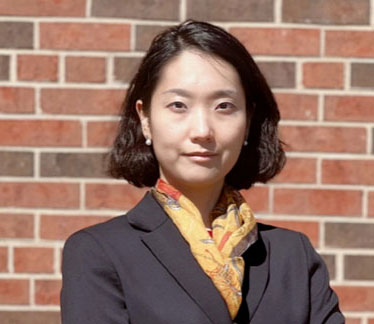UW Oshkosh College of Nursing adds programs to address mental healthcare worker shortage
by Brady Meyer, FOX 11 News
OSHKOSH (WLUK) — The University of Wisconsin Oshkosh is starting two new programs within the College of Nursing. The lack of mental health support nationwide, as well as the prevalence of the issue today was what has led to the decision.
Staff are hoping to make a difference in the lives of the roughly 67 million Americans who have been diagnosed with a mental heath disorder.
“The need for mental healthcare is growing and it’s actually greater than we might be aware of,” College of Nursing Dean Seon Yoon Chung said. “What we can do as a college is to increase the number of mental healthcare providers.”
Chung said mental health statistics are trending in the wrong direction.

Seon Yoon Chung, Dean
UW-Oshkosh School of Nursing
“One in five adults in the United States had mental illness in 2020,” Chung said. “And between 2010 and 2020, the rate of suicidal death increased by 62 percent in adolescents aged 12-17.”
Part of the reason for that can be attributed to the shortage of people in the field.
“The need for psychiatric providers has been growing significantly,” UWO Associate Nursing Professor Bonnie Nickasch said. “So we thought that we could add and help our community by adding this specialty.”
Nickasch is also the director of a new program- which is an emphasis on psychiatric mental health.
“It’s for RNs that have a bachelors degree at this time that want to go back and become nurse practitioners that specialize in psychiatric care,” Nickasch said.
That program can be completed in three or four years. The other is a shorter, more individualized plan of study.
“Currently certified family nurse practitioners- they want to maybe go back for more education in mental health,” Nickasch said.
These programs will start in the fall. They are competitive and the University has already seen significant interest in them.
“People have been looking for this opportunity locally for a very long time,” Nickasch said. “I anticipate that we will have no problem filling up our cohorts because people are passionate about caring for people that have mental illness.”
